Johnny Depp is Stalked by an Off-Brand Sling Blade in the Insultingly Idiotic 2004 Shocker Secret Window
I realize now why I have confused Secret Window with 1408. They’re technically different films from the same fertile source, Stephen King’s limitless imagination. Yet they’re also fundamentally the same movie.
1408 is about a successful but soul-sick writer with a dead daughter who confronts his dark side and tortured personal and romantic history in a film that consists primarily of the flawed protagonist getting freaked out by himself as he confronts demons internal and external.
Secret Window is also about a successful but soul-sick writer with a dead daughter who confronts his dark side and tortured personal and romantic history in a film that consists primarily of the flawed protagonist getting freaked out as he confronts demons, internal and external.
These very similar films are about scribes confronted with their dark sides. As a weird meta touch, Secret Window pits grumpy protagonist Morton "Mort" Rainey against a romantic rival is played by Timothy Hutton, the star of 1993’s The Dark Half, a George Romero-directed adaptation of a King novel centered on, you guessed it, a successful writer confronting their dark side and tormented past.
Where does he come up with his ideas? How can he be so original? Wouldn’t a writer as prolific as King end up repeating himself a great deal? You’d think so, but every movie I write about for this project is more dazzlingly original than the last.
In Secret Window, Johnny Depp plays the aforementioned troubled wordsmith. He’s a bestselling author whose wife Amy Rainey (Maria Bello) cheated on him with Hutton’s Ted "Teddy" Milner yet got to keep living in a mansion paid for by her soon-to-be ex’s literary earnings.
He’s understandably angry and bitter. Six months later, he’s living in a spacious cabin where he has nothing to distract him from work other than madness, mental illness, and the sins and transgressions of the past.
Mort’s sulking is interrupted by the sinister appearance of John Shooter, a threatening oddball with Billy Jack’s wide-brimmed hat, the wardrobe of an Amish man with mildly progressive sartorial tastes, and a thick Southern accent seemingly borrowed from Billy Bob Thornton’s Sling Blade drawl.
The stranger with the Mennonite-gone-bad vibe has beef with Mort. He claims that the author ripped off one of his stories. He vows not to leave the man alone unless he rectifies the situation.
Mort resents the implication that he is a plagiarist and a thief, but his mind is in a fuzzy fog of depression, writer’s block, and regret. He doesn't think that he ripped off a rube from the sticks, but he’s not entirely sure.
Sinister things start happening to Mort. His dog is murdered. A fire destroys the home where Mort and Amy used to live. Friends and professional associates end up dead, ostensibly by Shooter’s hand.
Mort claims that he can prove that the story is not plagiarized by showing him the 1995 magazine in which it first appeared, but he has difficulty tracking down a copy.
In desperation, Mort hires a private investigator played by Charles S. Dutton who has his own suspicions about Mort.
Stop reading if you do not want Secret Window spoiled!
I’ve spent the last year exclusively reading E.C. compilations from the early to mid-1950s. There are some endlessly recycled templates and twists. One of my favorite is what I call, “Oh shit! It’s a vampire!” where the big sort of twist is that the character behaving unmistakably like a blood-sucking child of darkness is a vampire.
Another ubiquitous twist I both love and hate involves a paranoid protagonist who turns out to be the enigmatic, ominous force ostensibly terrorizing them.
That is Secret Window’s not-so-surprising twist. The film, written and directed by superstar screenwriter (Jurassic Park, Carlito’s Way, Spider-Man, Mission: Impossible) and journeyman director David Koepp, clumsily foreshadows its climactic revelation by having Shooter never share the screen with anyone other than Mort.
He’s a preposterous-seeming figure, a hillbilly who barely seems able to read yet professes to be a writer who has been wronged. Turturro delivers a performance of glowering Luddite intensity. He’s the devil on the villainous protagonist’s shoulder, admonishing him to be his darkest, most vengeful self.
Like ninety-eight percent of the lead characters in King’s oeuvre, Mort is an author with a vivid imagination. He created Shooter (or “shoot her”) as an angry, uncontrollable id to his neurotic ego.
The hick with a murderous grudge is Mort’s outlet for doing the dark and awful things he’d love to do but cannot for moral and legal reasons, like fatally shooting his ex.
Mort has Dissociative Personality Disorder, a condition loved by writers and filmmakers because it’s so innately dramatic and strange. We’re treated to shots of Mort talking to his doppelganger, who puts on John Shooter’s signature chapeau, and with it, his malevolent mojo.
It was Mort who committed all the murders! He’s both the protagonist and the antagonist. This predictable, bullshit twist suggests that this should have been turned into a middling 22-minute episode of Tales From the Crypt or Tales From the Darkside rather than a major motion picture.
I rolled my eyes, groaned audibly, and kicked in the television while yelling, “You gotta be kidding me! You’re really going to do the whole, “bad guy is actually the main character’s alter ego thing all over again and not expect the audience to revolt?”
Then I kicked in my television and threw it on the floor in disgust. Honestly, it was an overreaction, but it nevertheless conveyed how disappointed I was by Secret Window.
Like everyone else, I see Johnny Depp differently now than when he reigned as the king of the arthouse in the 1990s, an adventurous and charismatic performer who worked with some of our greatest auteurs.
The real-life drama surrounding his legendarily acrimonious split with Amber Heard has darkened and complicated his persona.
So there’s something weirdly telling about Secret Window casting Depp as a troubled artist who at first seems to be merely cantankerous, grouchy, and irritable but turns out to be a terrible person, a mentally ill mass murderer who has difficulty delineating between his art and real life.
Yes, Secret Window is the same movie as 1408, but more predictable and decidedly worse.

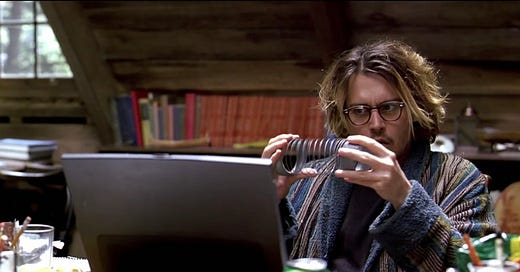


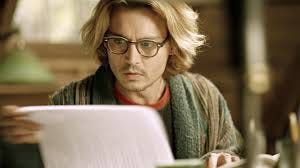

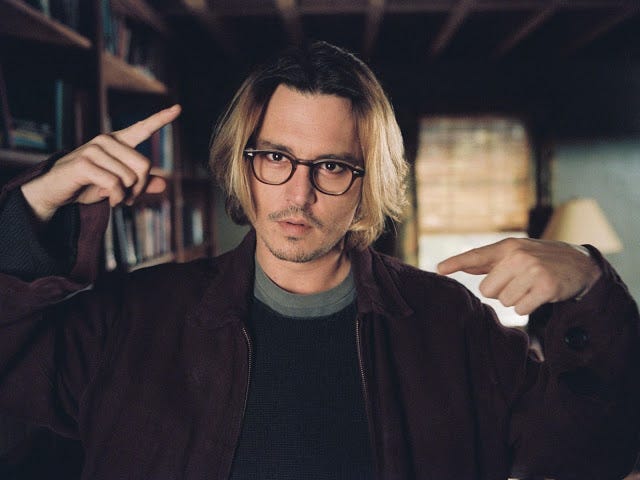
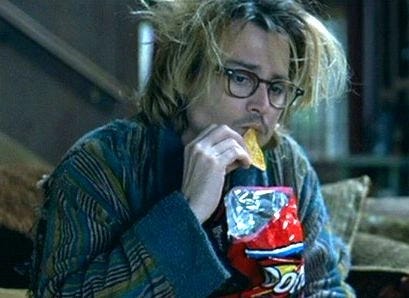
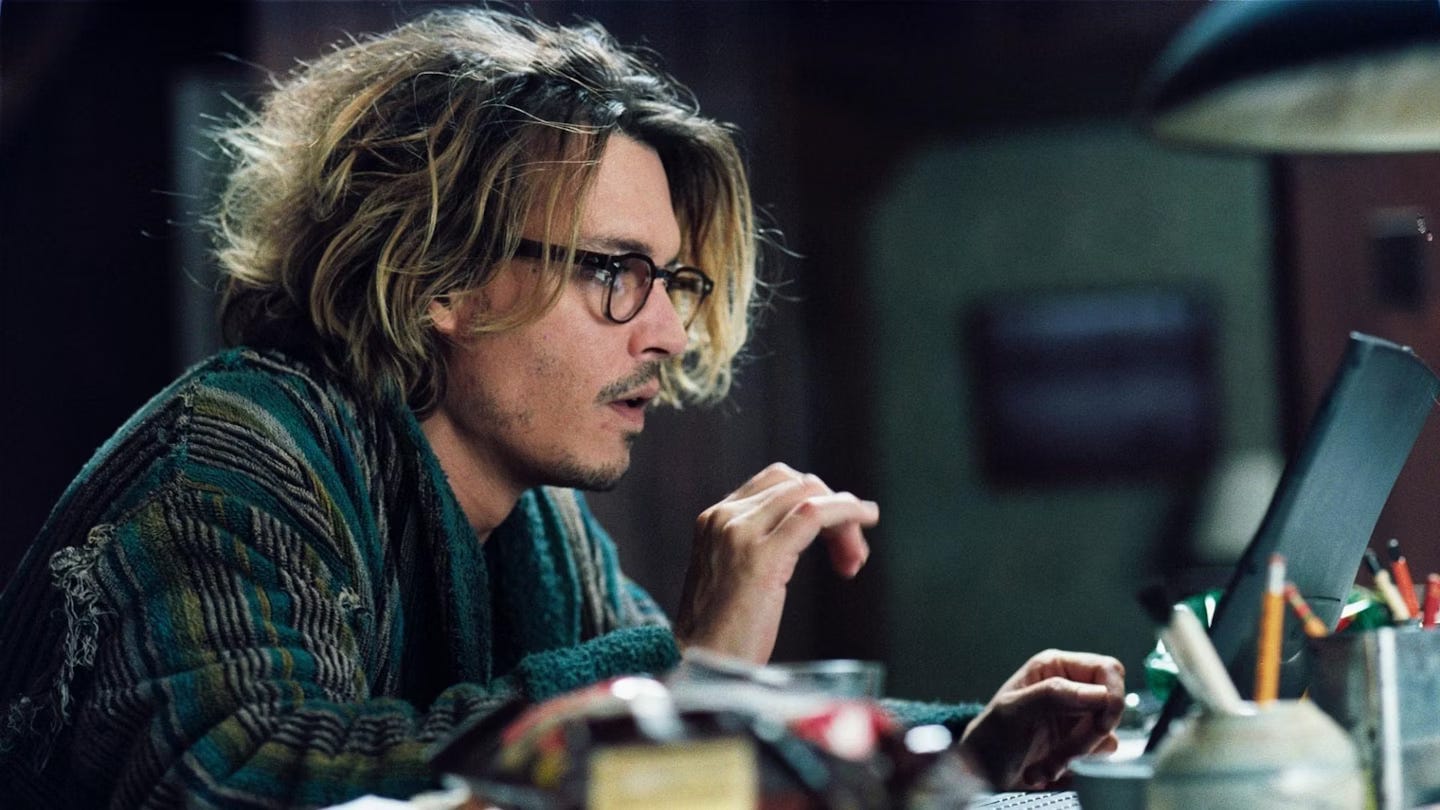
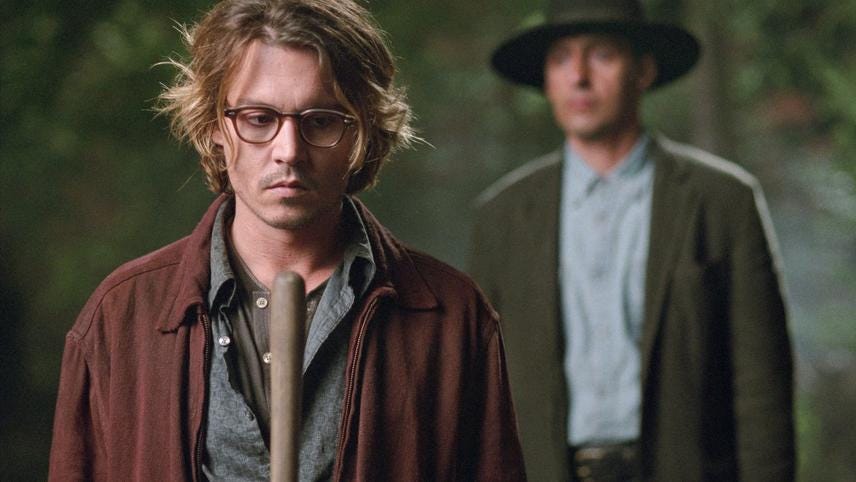
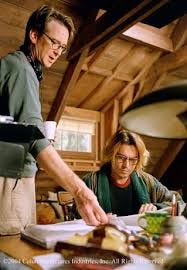
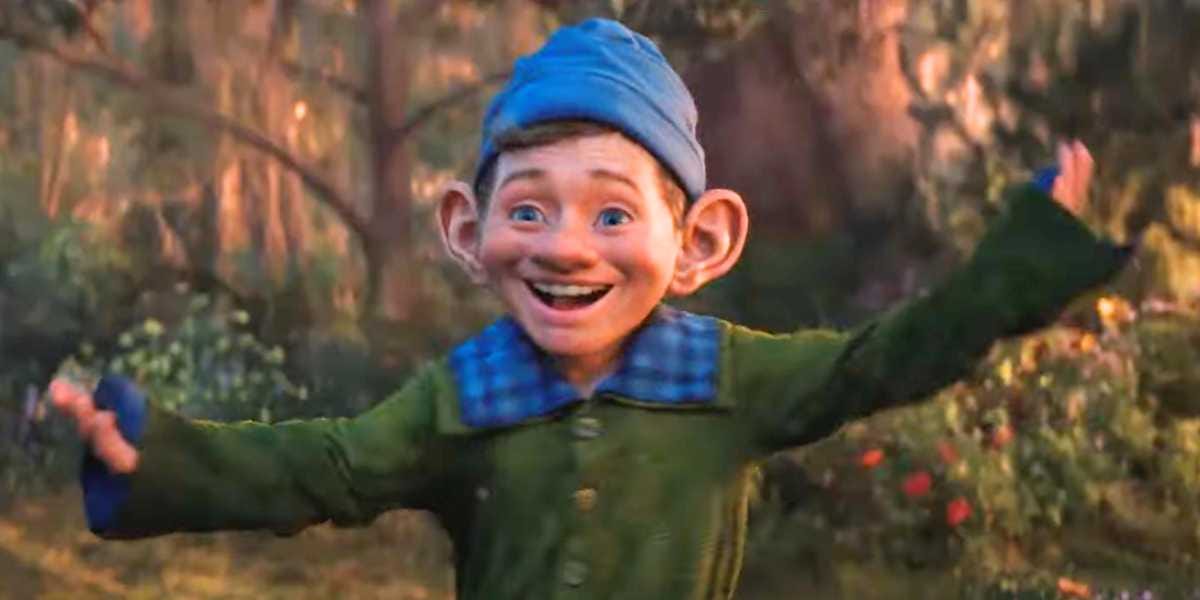

I've never seen this, but it was cited in a screenwriting class as one of the worst screenplays of all time.
> I’ve spent the last year exclusively reading E.C. compilations from the early to mid-1950s. There are some endlessly recycled templates and twists. One of my favorite is what I call, “Oh shit! It’s a vampire!” where the big sort of twist is that the character behaving unmistakably like a blood-sucking child of darkness is a vampire.
I remember reading "Bat-Boy and Rubin" in several Mad reprints when I was a kid and finding its ending ("I am a VAMPIRE Bat-Boy!") completely baffling. I was probably in my twenties before I read the EC horror comic it was referencing.